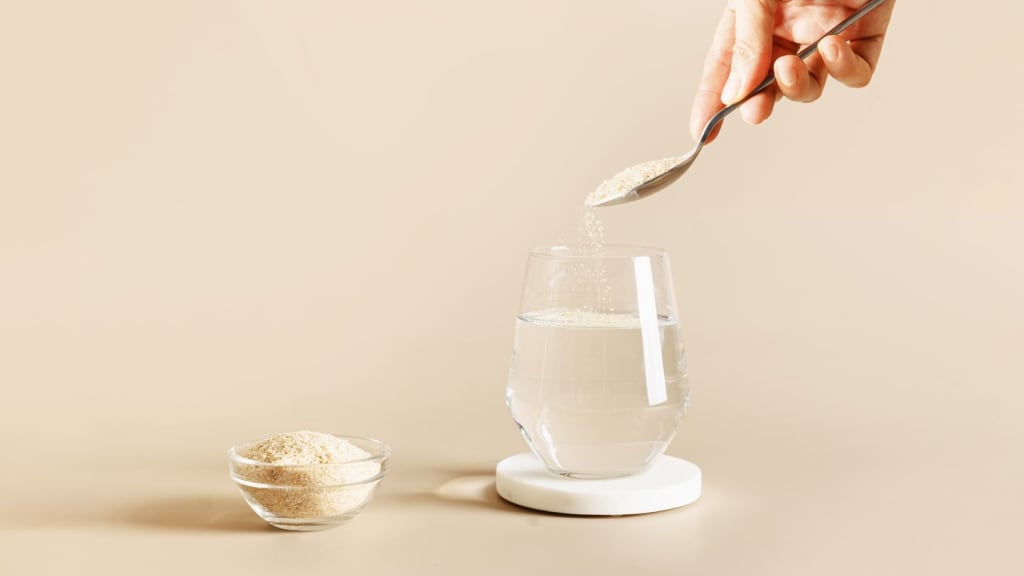The Ultimate Guide to Relieving Constipation: Laxatives and Beyond
Understanding Constipation: Causes and Symptoms

Constipation is an uncomfortable and often embarrassing condition that can leave you feeling bloated, sluggish, and just plain miserable. The good news is that there are many effective treatments available, including the use of laxatives. In this article, we'll explore the world of constipation treatment and explain how laxatives work to relieve symptoms.
First, it's important to understand what causes constipation. There are many factors that can contribute to this condition, including a poor diet, lack of exercise, dehydration, and certain medications. Sometimes, constipation can be a symptom of an underlying medical condition, such as irritable bowel syndrome or hypothyroidism. If you're experiencing chronic constipation or other digestive issues, it's always a good idea to talk to your doctor to rule out any serious underlying conditions.
When it comes to treating constipation, there are many options available. One of the most common treatments is the use of laxatives. Laxatives are substances that help to soften stool and promote bowel movements. There are many different types of laxatives, including osmotic laxatives, stimulant laxatives, and bulk-forming laxatives.
Osmotic laxatives work by drawing water into the colon, which helps to soften stool and make it easier to pass. Examples of osmotic laxatives include magnesium hydroxide (Milk of Magnesia) and polyethylene glycol (Miralax).
Stimulant laxatives, as the name suggests, work by stimulating the muscles in the colon to contract, which helps to move stool through the intestine. Examples of stimulant laxatives include bisacodyl (Dulcolax) and senna (Senokot).
Bulk-forming laxatives work by adding bulk to stool, which helps to promote regular bowel movements. Examples of bulk-forming laxatives include psyllium (Metamucil) and methylcellulose (Citrucel).
While laxatives can be very effective at relieving constipation, there are some potential risks and side effects to be aware of. For example, overuse of laxatives can lead to a condition called laxative dependence, in which the body becomes reliant on laxatives to produce bowel movements. This can lead to a vicious cycle of constipation and laxative use.
In addition, some people may experience side effects such as cramping, diarrhea, and electrolyte imbalances. For this reason, it's important to use laxatives only as directed and to talk to your doctor if you're experiencing any negative symptoms.
Another important consideration when it comes to constipation treatment is lifestyle changes. There are many simple steps you can take to help prevent constipation and promote regular bowel movements. These include:
Eating a diet high in fiber, including fruits, vegetables, and whole grains
Drinking plenty of water and other fluids
Exercising regularly to promote healthy bowel function
Establishing a regular bathroom routine and taking your time when you're trying to have a bowel movement
Avoiding foods that are known to cause constipation, such as dairy products and processed foods
Taking steps to manage stress, which can contribute to digestive issues
In some cases, more invasive treatments may be necessary to relieve constipation. For example, if other treatments have been unsuccessful, your doctor may recommend a procedure called a fecal impaction, in which impacted stool is manually removed from the rectum. This procedure is typically done under sedation and can be very effective at relieving severe constipation.
In conclusion, constipation can be a frustrating and uncomfortable condition, but there are many effective treatments available, including the use of laxatives. By understanding how laxatives work and taking steps to promote healthy bowel function through lifestyle changes, you can find relief from constipation and enjoy better digestive health. As always, if you're experiencing chronic constipation or other digestive issues, it's important to talk to your doctor to rule out any serious underlying conditions.





Comments
There are no comments for this story
Be the first to respond and start the conversation.